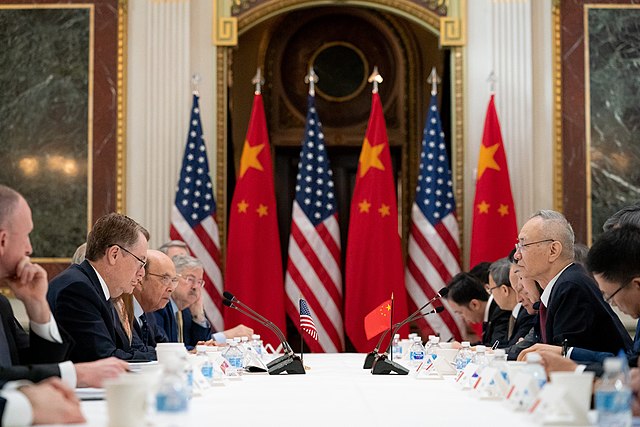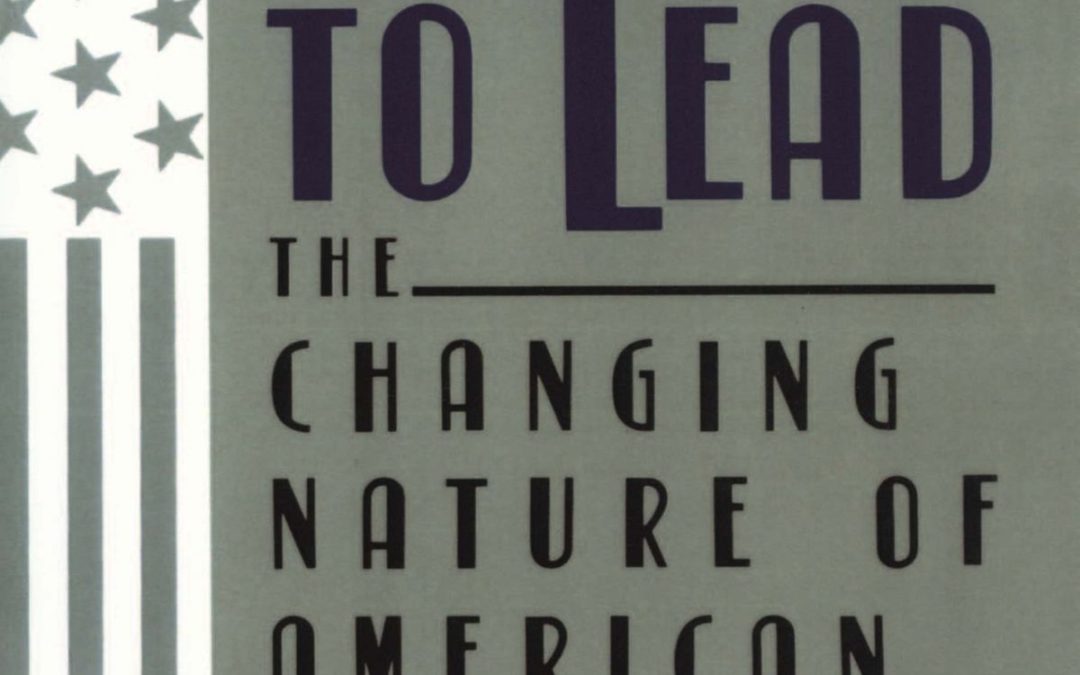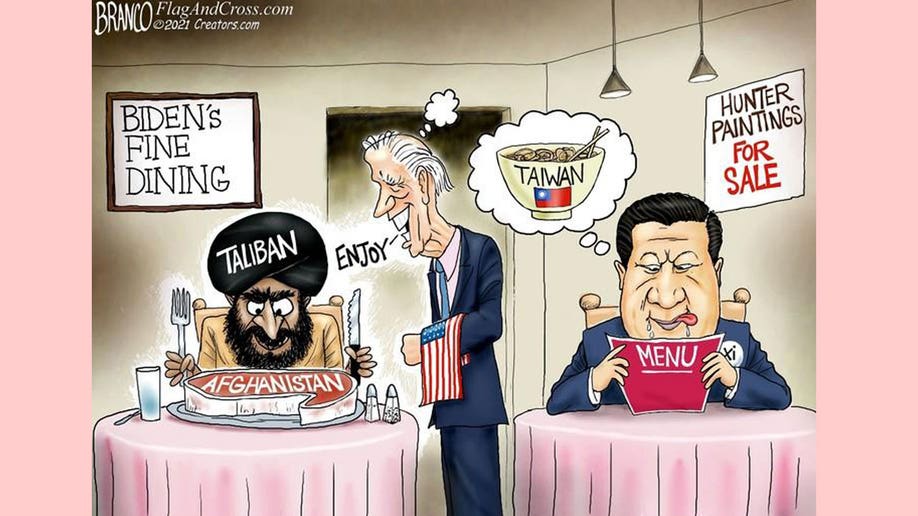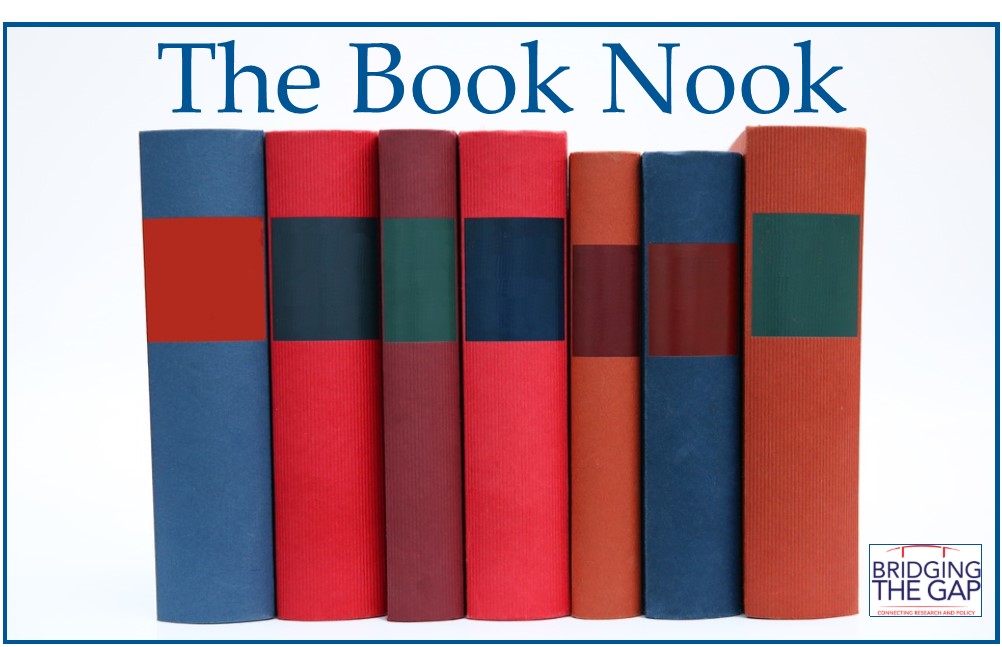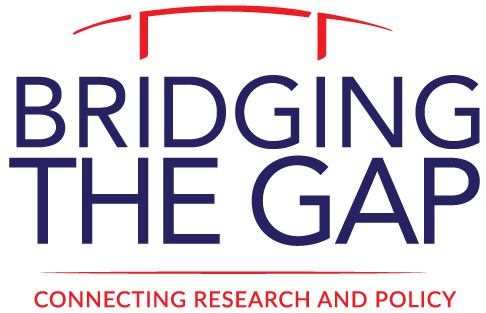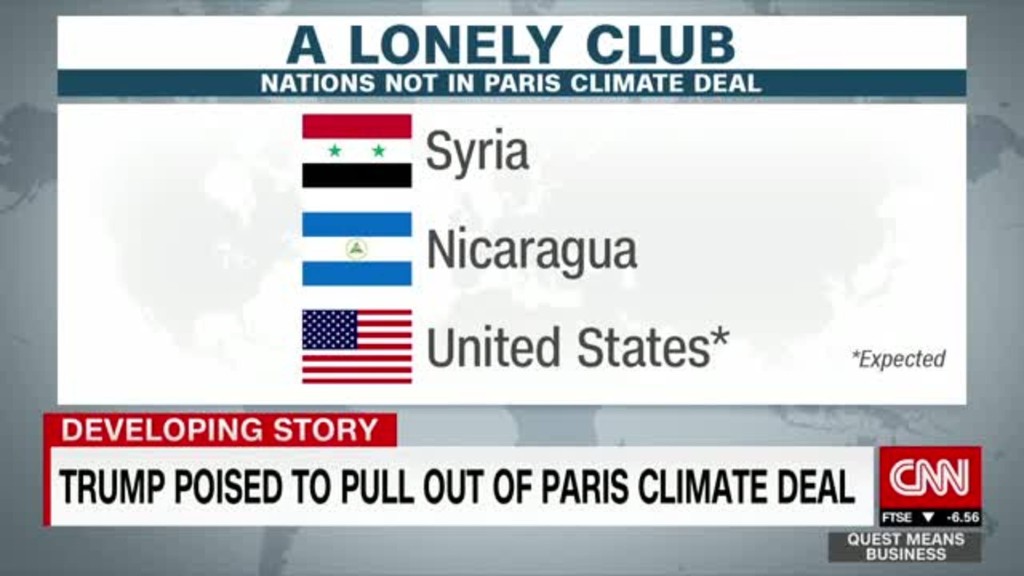What follows is my general philosophy on China issues, by way of answering the hardest of hard defense framing questions regarding China. After my most recent piece in Foreign Affairs, I got a note from a semi-prominent friend in Washington's foreign policy...
